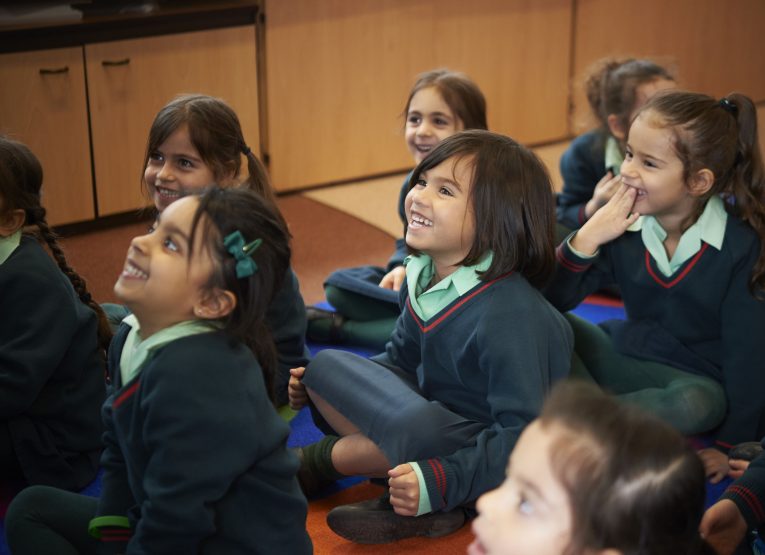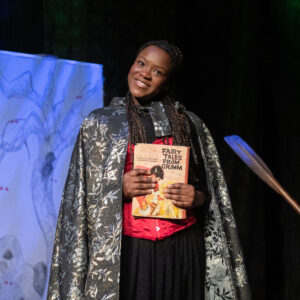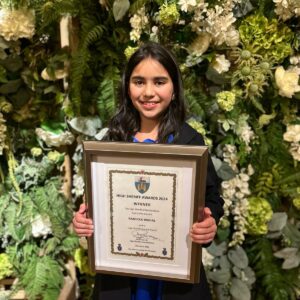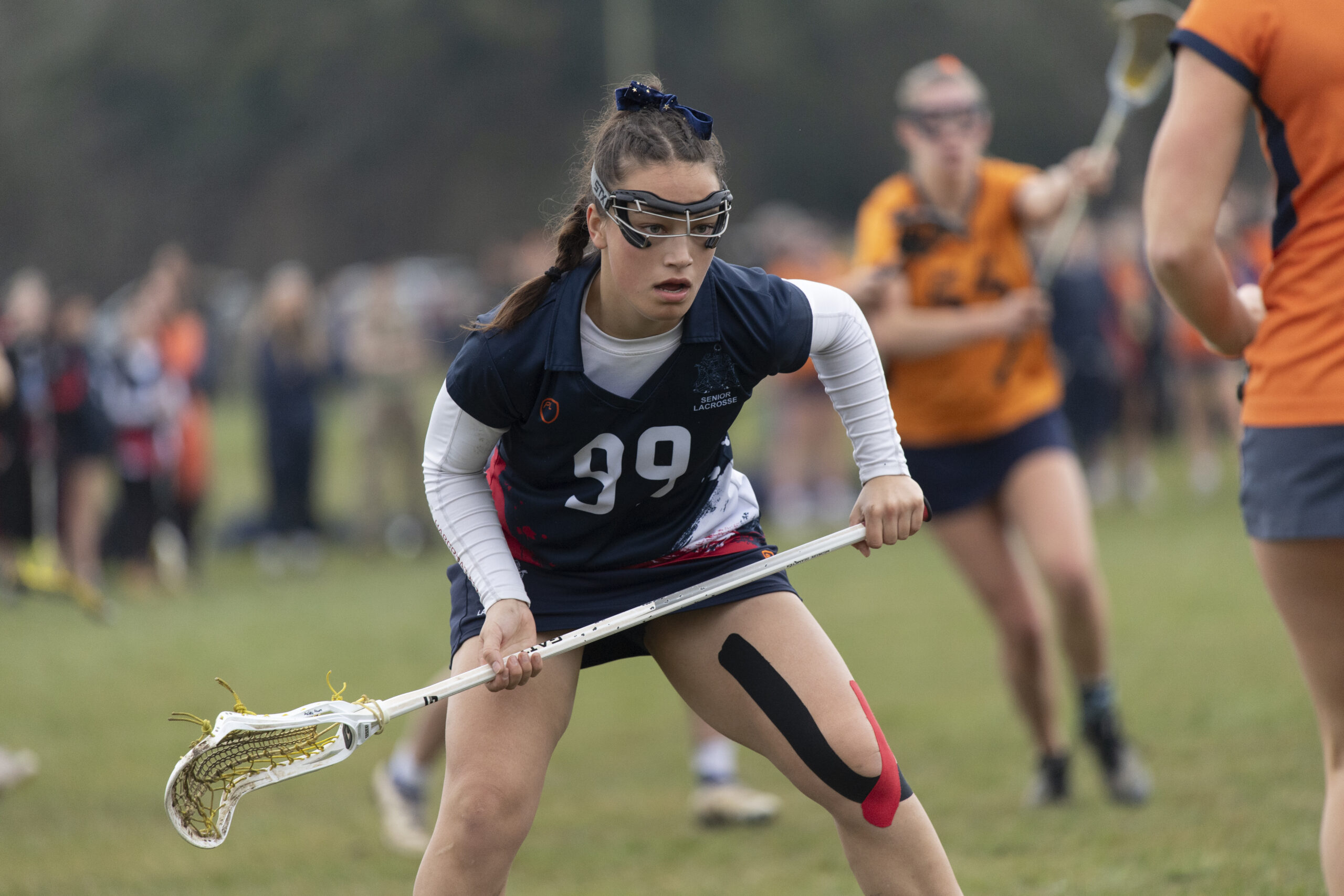On the 15 June POLSOC were fortunate enough to hear from Hannah Haskel, an old Habs Girl who is currently reading History and Politics at Cambridge. Her talk focused on ‘Feminism and Global Politics: The Hidden Gender of International Law’. A fascinating talk which encouraged us to think about international relations in a way in which we had never before. A prime example of this being a feminist political thinker which Hannah introduced us to, by the name of MacKinnon. MacKinnon creates the intriguing comparison between 9/11 and violence against women, questioning why the response in terms of international law was so much more extensive for 9/11 than domestic violence against women, which she argues threatens lives daily of women in just the same way.
However, as Hannah demonstrated, this argument is not watertight. Lila Abu-Lughod presented the idea that perhaps women do not need saving, that they are not passive victims in which men are saviours. In fact, that is a left-over idea from colonialism, in which we see ‘white men saving brown women from brown men’. This led to a lively discussion on whether we want military troops ‘swooping in’ to save women, or if that an oversimplification of the issues women face in society.
To further complicate the argument, Hannah presented the idea that not all military intervention actually protects women, in fact it can be argued to have the opposite effect. Karen Engle in ‘Calling in the Troops’ demonstrated that military intervention can harm women more than it helps. For example, it can be shown by the significant drop in female turnout in the Afghan elections following the US invasion, shows that the military did not help to create an environment for women in which they felt more comfortable.
This led an engaging discussion on whether women should be included in theories about international relations, which we decided was necessary, because as Cynthia Enloe puts it ‘personal relationships have been internationalised’. Beyond that, we struggled to reach a general consensus on the fascinating and tricky question of how far international law should extent to protect women, and if that extension would even solve the issues.
Maddie Sinclair L6








